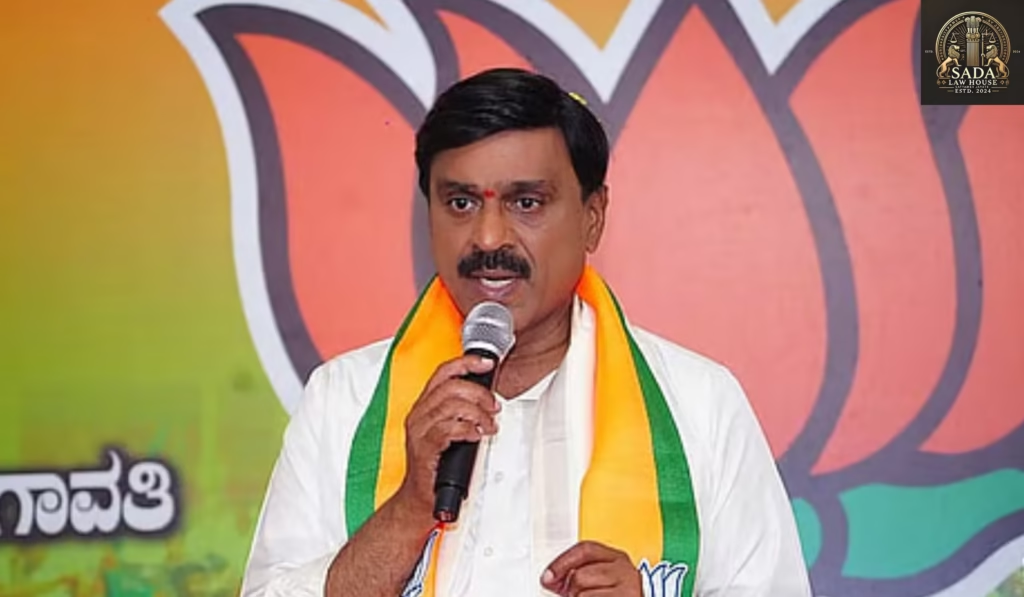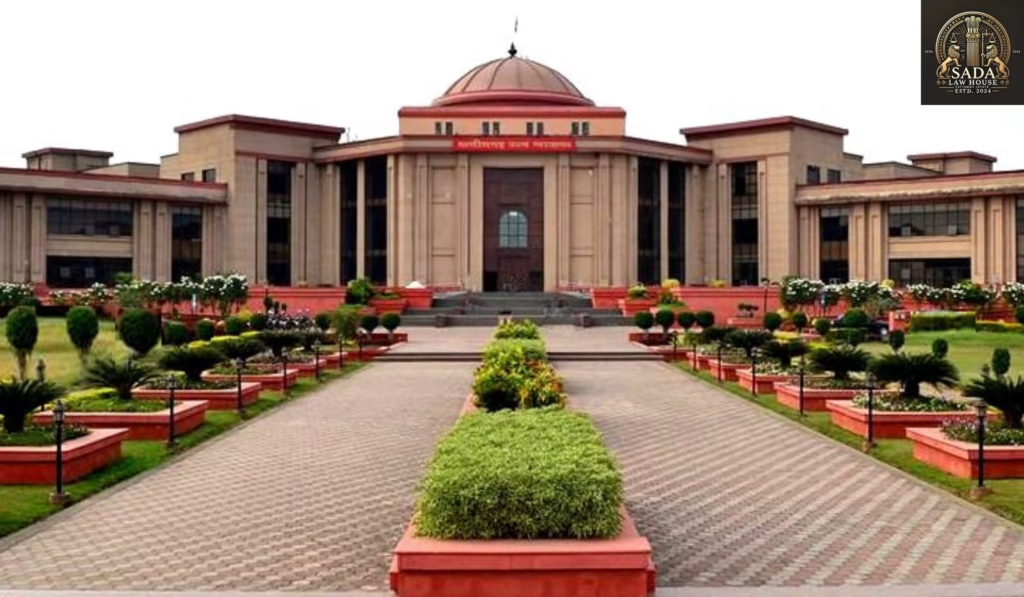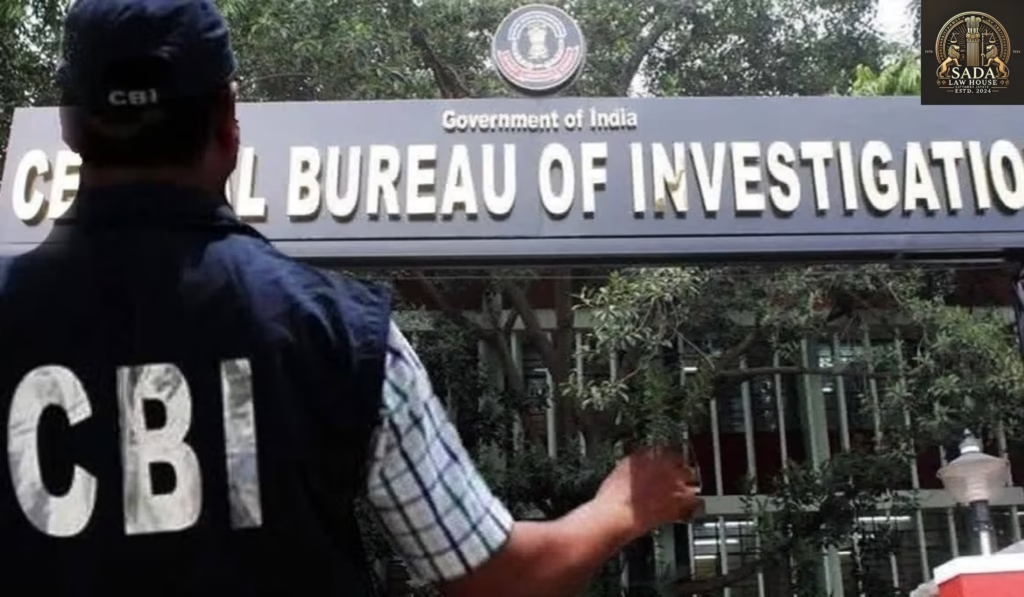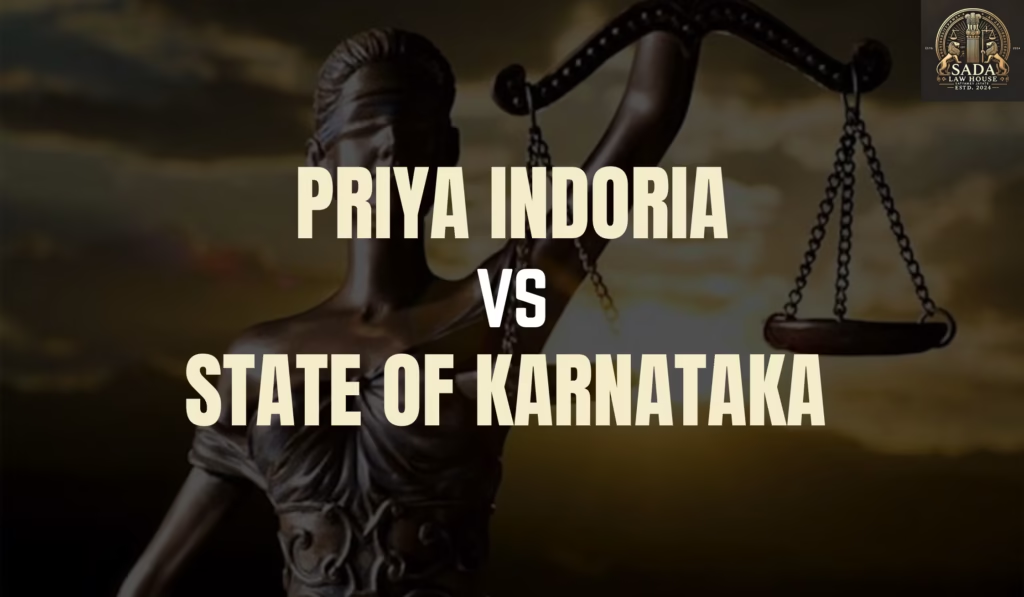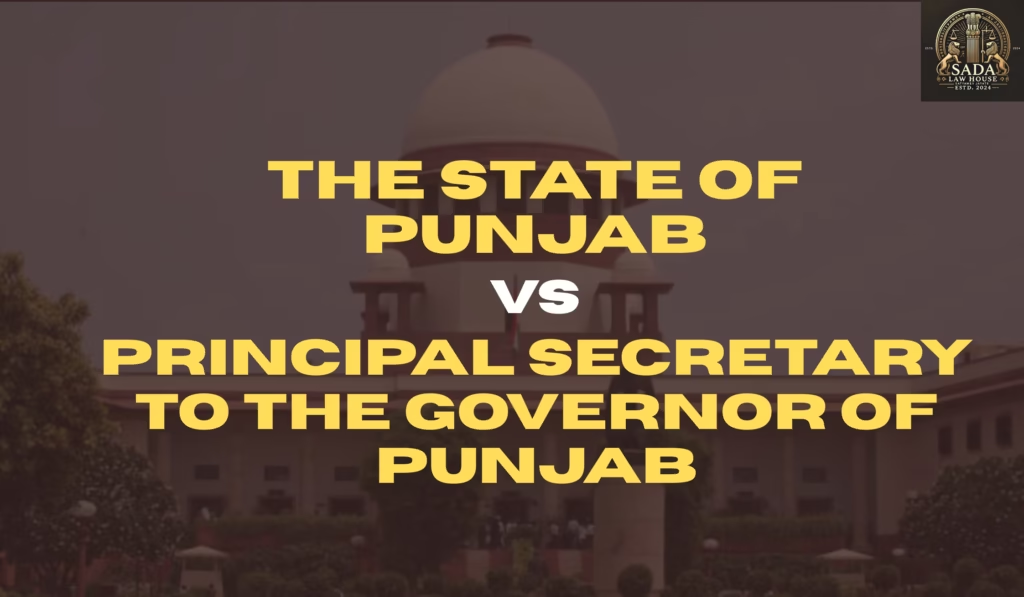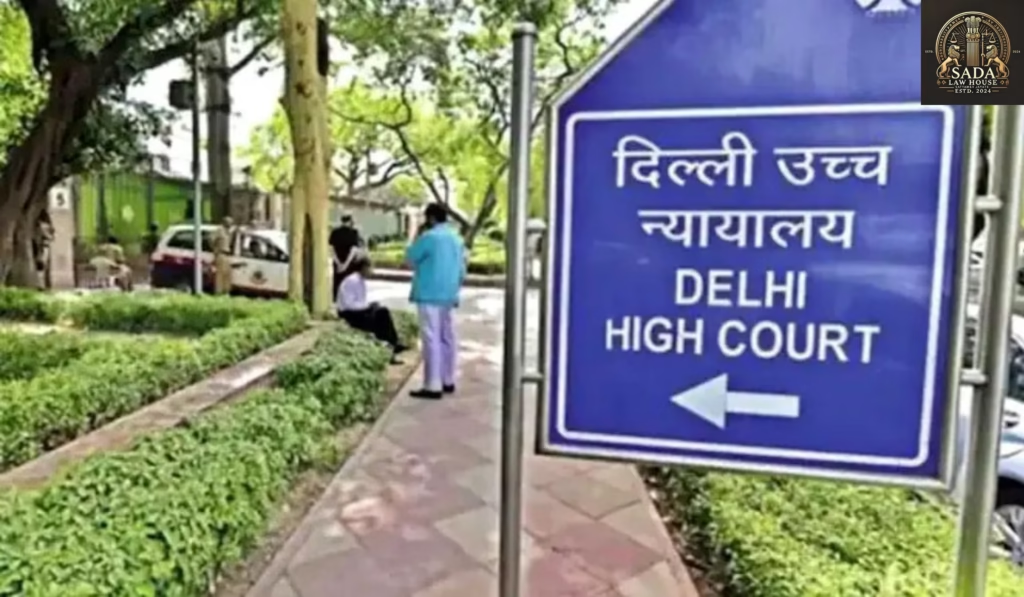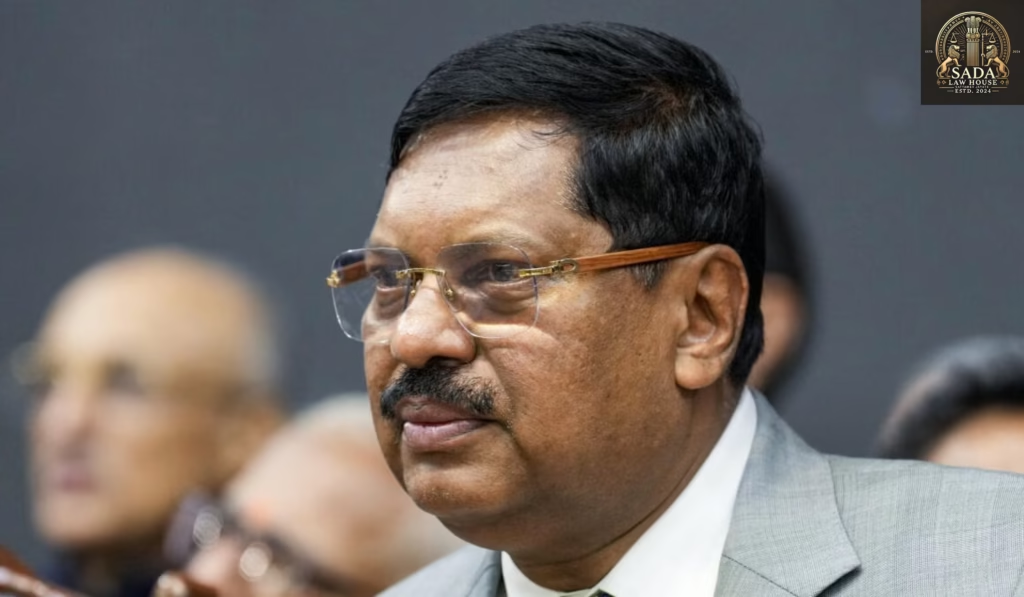Telangana High Court Grants Bail, Stays Conviction of Gali Janardhan Reddy in Illegal Mining Case
Trending Today Telangana High Court Grants Bail, Stays Conviction of Gali Janardhan Reddy in Illegal Mining Case Chhattisgarh High Court Backs SBI’s POSH Action in Sexual Harassment Case CBI Gets One-Day Custody of NCLT Deputy Registrar in ₹3 Lakh Bribery Probe Linked to Lonavala Hotel Dispute Supreme Court Affirms Right to Anticipatory Bail Across States in Matrimonial Disputes: Priya Indoria v. State of Karnataka (2023) Supreme Court Rules on Governor’s Limited Discretion to Withhold Assent and Summon Punjab Legislative Assembly | State of Punjab v. Principal Secretary (2023) LEGAL INTERNSHIP OPPORTUNITY AT ZEN MEDIA Supreme Court Judgment on Chargesheets: Not Public Documents, No Mandatory Online Upload by Investigating Agencies | Saurav Das v. Union of India (2023) Delhi High Court Dismisses PIL on Batla House Demolitions; Allows Individual Petitions INTERNSHIP OPPORTUNITY AT CLLRA NLU, DELHI Chief Justice of India Warns Against Judicial Terrorism Amid Government Overreach Concerns Telangana High Court Grants Bail, Stays Conviction of Gali Janardhan Reddy in Illegal Mining Case KASHISH JAHAN 13 June 2025 The Telangana High Court has stayed the conviction and granted interim bail to mining baron and former minister Gali Janardhan Reddy in the Obulapuram illegal mining case, safeguarding his MLA status and stirring major political implications. Telangana High Court Grants Interim Bail to Gali Janardhan Reddy in Illegal Mining Case On June 12, 2025, the Telangana High Court delivered a significant ruling by staying the conviction and sentence of former Karnataka minister and mining baron Gali Janardhan Reddy in the notorious Obulapuram illegal mining case. Previously sentenced to seven years, Reddy now receives interim bail—an order that allows him to retain his MLA position, temporarily shielding him from political disqualification. Legal Arguments and Judicial Grounds for Relief Legal counsel representing Reddy argued that the conviction’s suspension was crucial for preserving his legislative privileges. The threat of disqualification under the Representation of the People Act loomed large following the earlier verdict by the Special CBI Court. With appeals pending and notices issued by the Election Commission of India, the High Court recognized the broader political consequences. Justice K. Lakshman responded by staying the sentence and granting interim bail. Impact on Political Career and Pending Appeals The court’s order directly prevents Reddy’s immediate removal from his elected post, offering him political protection while the appeals process continues. This stay also postpones further action under disqualification provisions, allowing Reddy to remain active in Karnataka politics. Simultaneously, related legal proceedings are still underway, which could influence the final outcome of this high-profile mining case. Conclusion: A Landmark Case in Political Judiciary This case stands as a critical example of how interim judicial reliefs intersect with political representation in India. The Telangana High Court’s decision highlights the tension between enforcing legal accountability and maintaining democratic participation. As Gali Janardhan Reddy’s legal battles continue, the implications for Indian political and judicial systems are profound. Leave a Reply Cancel Reply Logged in as Sada Law. Edit your profile. Log out? Required fields are marked * Message* Live Cases Telangana High Court Grants Bail, Stays Conviction of Gali Janardhan Reddy in Illegal Mining Case Sada Law • June 13, 2025 • Live cases • No Comments Chhattisgarh High Court Backs SBI’s POSH Action in Sexual Harassment Case Sada Law • June 13, 2025 • Live cases • No Comments CBI Gets One-Day Custody of NCLT Deputy Registrar in ₹3 Lakh Bribery Probe Linked to Lonavala Hotel Dispute Sada Law • June 13, 2025 • Live cases • No Comments 1 2 3 … 5 Next »

